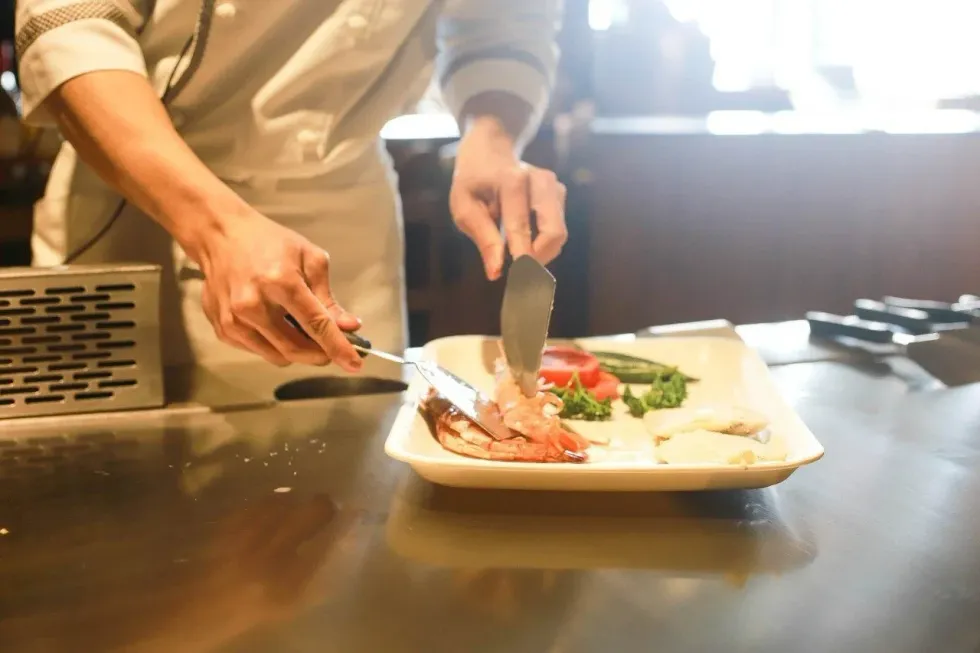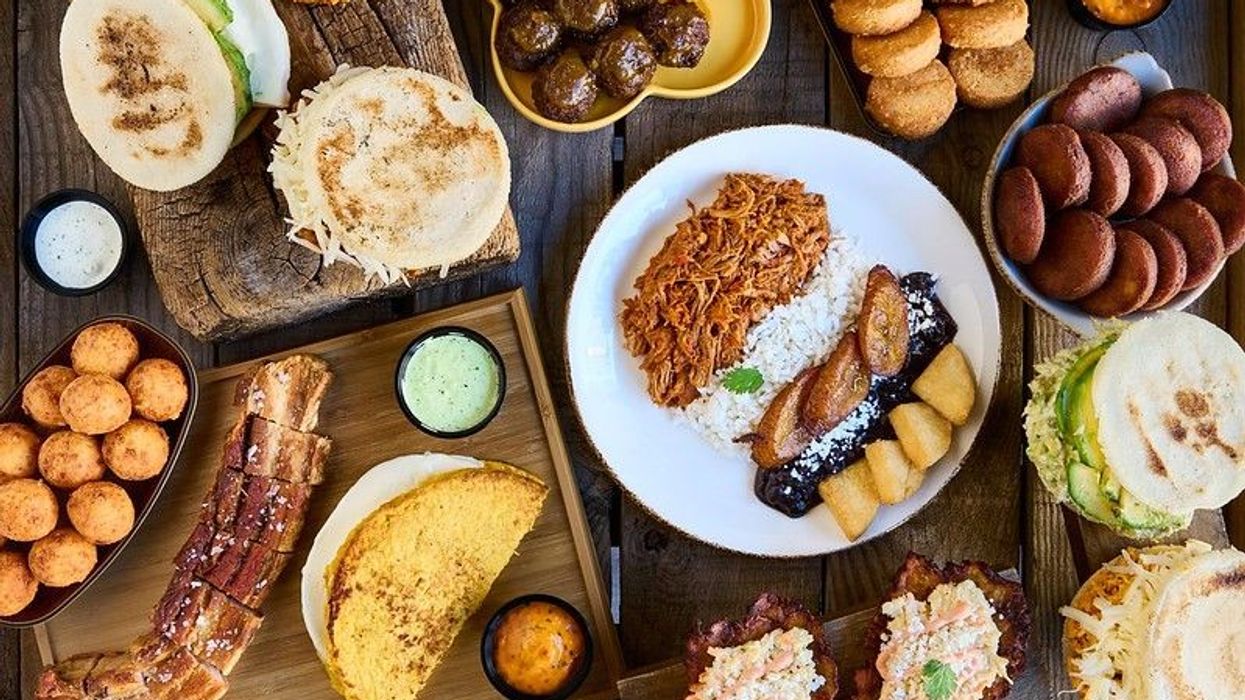Being a chef is a task that needs a lot of dedication and skills and like all other professions in the world, you need much education and training to be one of the top chefs in the world.
You may dream to be an executive chef in the future at one of the top restaurants in the world, but getting there you will need to cross a lot of hurdles and levels like patissier, sous chef, and also saucier. Don't worry, with each level you cross to become an executive chef, you gain different worthwhile experiences.
Chefs work long shifts and also work with food all the time, but there are a lot of things that go behind the scenes that people don't know about.
Head chefs are the lead in any kitchen and head chefs have the duty to keep everything sorted. Chefs have the opportunity to gain knowledge from different food cultures all over the world from African to Asian cuisine, and that is the biggest perk there can be.
Chefs also get the opportunity to travel around the world, learning about different cultures, traditions, and of course, food and cuisines.
Back at restaurants, kitchen environments can be quite intense. They are very fast-paced and there can be a lot of shouting.
It does not mean that the environment is bad or that the chefs are unhappy, it just means that the chefs are truly passionate about the food they are cooking and want to do the best job in delivering the meal.
Chefs want the diners to enjoy the best food possible and they are dedicated to making sure that every dish they prepare is perfect. It is important for a chef to be artistic.
Through taste and beautiful presentations, the restaurant industry has appealed to customers throughout the many years of the existence of this concept and all the credit goes to the cooking skills of the executive chefs.
Chefs know how to perfectly balance the ingredients in their foods to make them delicious. A chef is incomplete with just plating design and food preparation if the food itself is not up to the mark.
Chefs work for long hours and work their heads off to prepare some excellent meals for you.
They might still experiment with the food in their spare time, but the long hours often mean they don't have much spare time! Chefs have the ability for food preparation with respect to the needs of the customers.
Some might have allergies, while others might not like some ingredients of the food, chefs cater to all.
Chefs do not just work in the kitchen in the restaurant for the money. It's their passion that makes chefs cook food for customers throughout their life and they do it like it's the end of the world.
The goal of a chef is always to make the customers smile and give positive feedback on the taste of the food and even the presentation. Chefs show their passion for their work by food preparation of the meal and the presentation.
Chefs have a knack to find any problem in any recipe all over the world. The most experienced chef will be able to differentiate between subtle differences of color, smell, a single nonexistent ingredient, and more.
When chefs get to have a meal in some other restaurant other than their own, they will be able to find if the ingredients used are fresh or cheap.
We already know that there is shouting and swearing among kitchen staff, but this feud only stays inside the kitchen.
Chefs can take criticism to the highest point and it might sound like they are arguing among themselves, but it is never personal. Chefs respect each other and they know they have a job to do and cannot drop their standards in the restaurant.
Chefs can have their rest but they are always ready to cook some delicious dishes for you and this is what their training is for. There is more than one type of chef if you want to choose hospitality management or cooking as your career option.
Apart from head chefs, executive chefs, and sous chefs, there are some other career options like poissonier, entremetier, and rotisseur.
Chefs, especially head chefs, have full freedom in menu planning and even how the dishes go out to the customers. The cuisine of the restaurant is the first thing to see, but apart from that chefs do everything in their power to make their food stand out and be better than other restaurants.
However experienced the chef is, there is no stoppage in knowledge.
In fact, the chef will learn to cook their whole life. There is room for growth forever in any job you do and this job as a chef makes you learn new things about food by traveling all over the world.
If you plan to be a part of the restaurant business and cook in larger kitchens or travel the world and open pop-up stores, then a career as a chef is the best thing to do.










